
Fellow @AEI covering China, tech, and national power. Adjunct professor @GeorgetownCSS. Fmr @StateDept China advisor & @CSETGeorgetown. Views my own. 费瑞安.
How to get URL link on X (Twitter) App

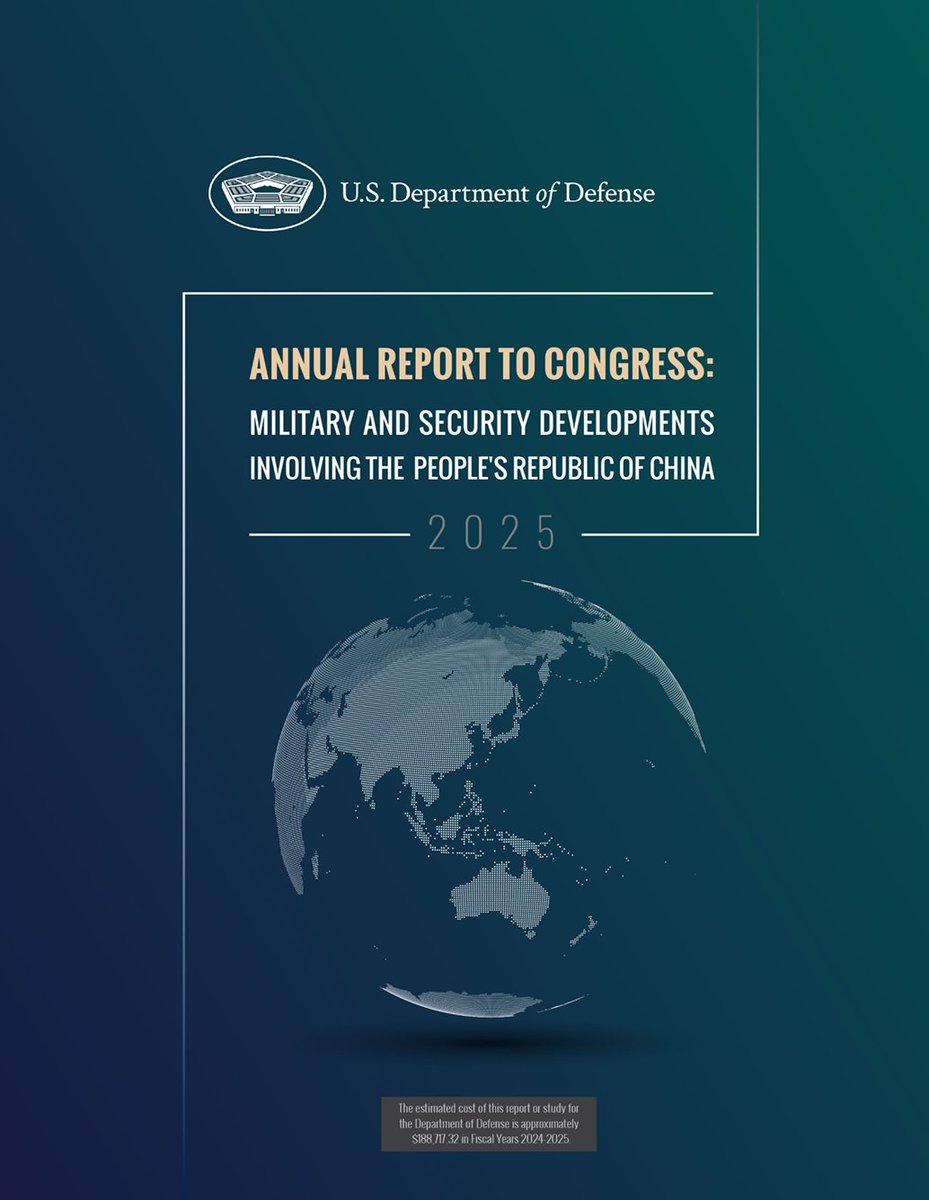
 2/ WAY MORE CARRIERS:
2/ WAY MORE CARRIERS: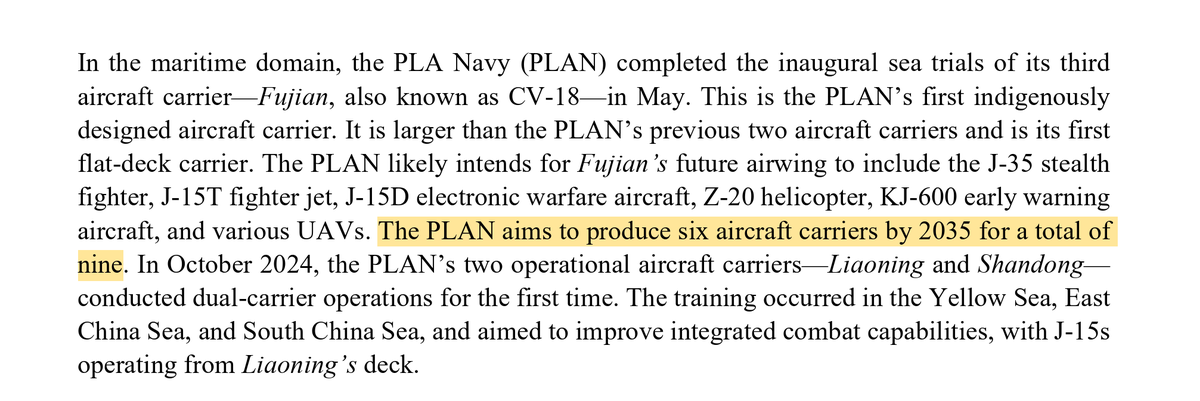
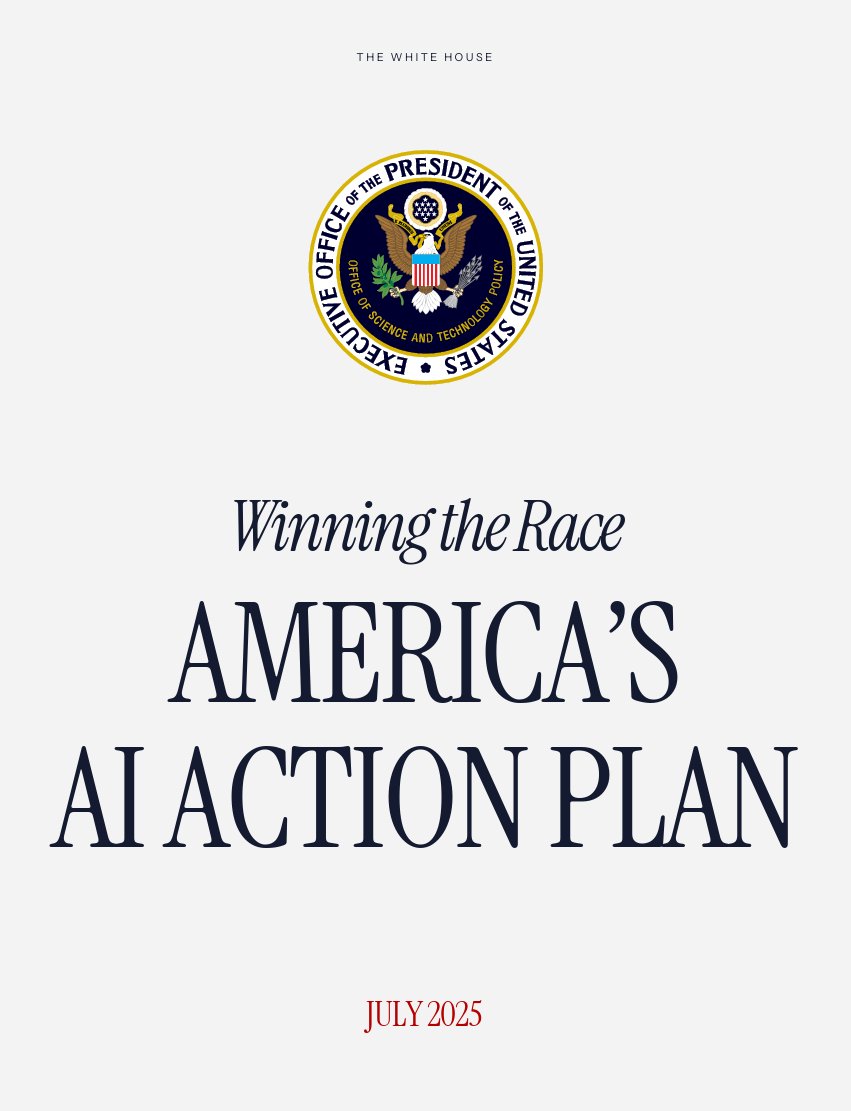
 2/ The framing gets straight to the point:
2/ The framing gets straight to the point: 


 2/ Your website lists Inspur Electronic Information Industry Co., Ltd. (IEIT Systems) as an "elite" NVIDIA partner.
2/ Your website lists Inspur Electronic Information Industry Co., Ltd. (IEIT Systems) as an "elite" NVIDIA partner.
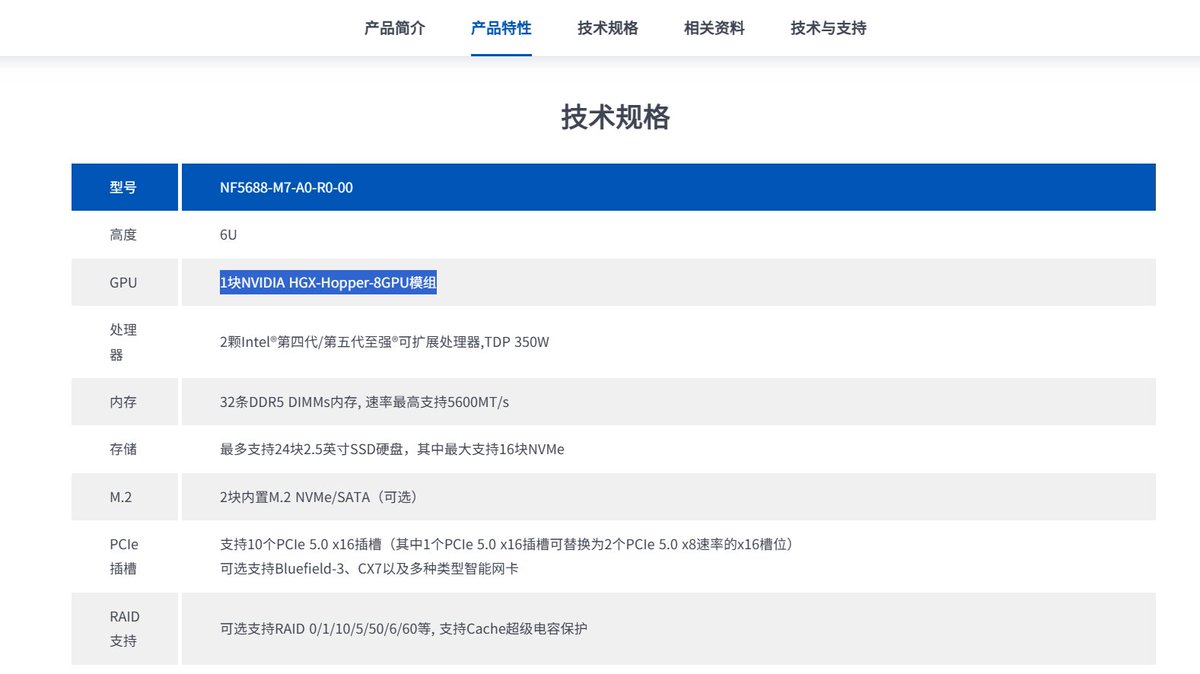


 2/ I’m sad to leave what must be the most interesting job in Washington, and a team that includes some of the United States' most talented and devoted public servants.
2/ I’m sad to leave what must be the most interesting job in Washington, and a team that includes some of the United States' most talented and devoted public servants. 




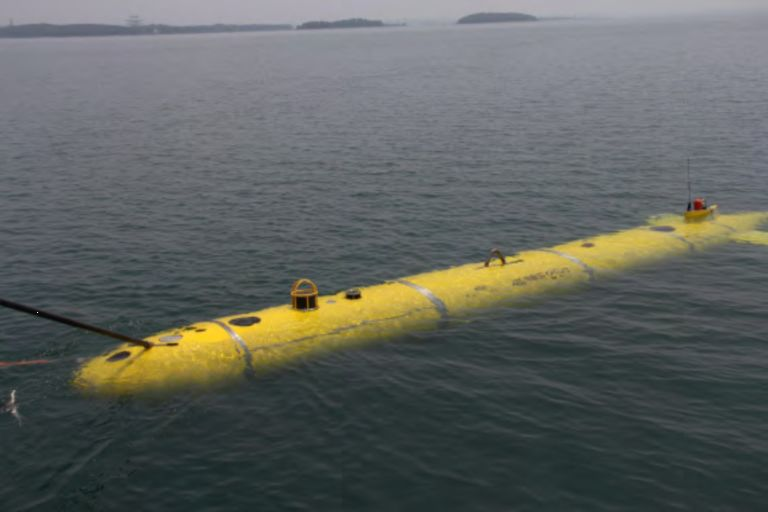

https://twitter.com/vshih2/status/1381903265818808323
 2/6 The "20 million part-time trolls" in the report refers only to registered "network civilization volunteers" (网络文明志愿者) claimed by Communist Youth Leagues. There are other nationalists on the Chinese internet that are not organized by the Party/state.
2/6 The "20 million part-time trolls" in the report refers only to registered "network civilization volunteers" (网络文明志愿者) claimed by Communist Youth Leagues. There are other nationalists on the Chinese internet that are not organized by the Party/state.

 2/13 First we’ve got to talk about that number. It’s huge. Even larger than the 2 million trolls estimated in landmark 2013 & 2017 studies by @KingGary, @jenjpan, Margaret Roberts. How is this possible?
2/13 First we’ve got to talk about that number. It’s huge. Even larger than the 2 million trolls estimated in landmark 2013 & 2017 studies by @KingGary, @jenjpan, Margaret Roberts. How is this possible?
https://twitter.com/ChinaDaily/status/13481072660759388181. Step-by-step pseudo-refutation, attacking ethos, not substance.
https://twitter.com/elenaevdokimov7/status/1046318522610016256?s=20
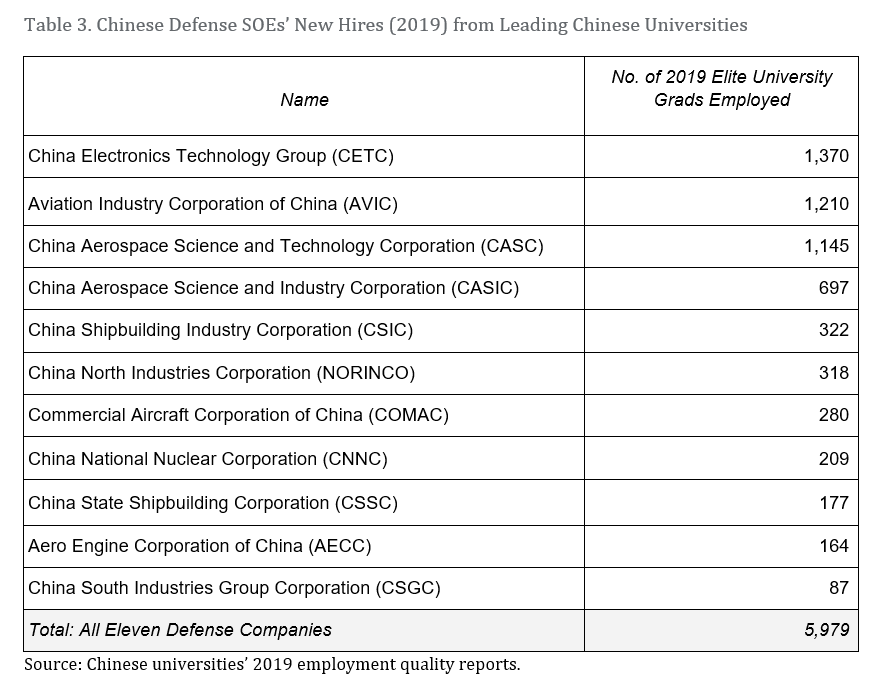

 (2/9) For years, Chinese diplomats have insisted that the united front is nothing more than a benign administrative bureaucracy and accused Western analysts of overhyping its role.
(2/9) For years, Chinese diplomats have insisted that the united front is nothing more than a benign administrative bureaucracy and accused Western analysts of overhyping its role.